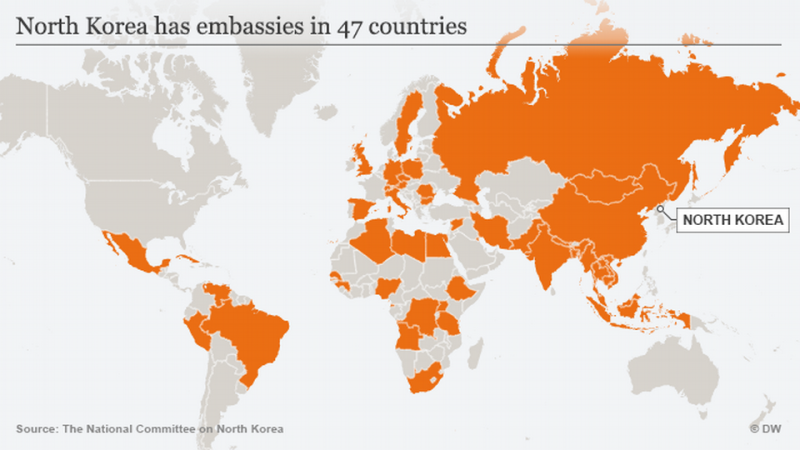Is Boko Haram an international threat?

Terrorism has become a global concern in the 21st century, with several groups wreaking havoc across continents. One such group is Boko Haram, which has been terrorizing Nigeria and its neighboring countries for over a decade. But just how much of an international threat is this notorious extremist organization? In this blog post, we’ll explore the history, activities, and impact of Boko Haram to determine whether or not it poses a significant danger beyond Africa’s borders. So fasten your seatbelts as we take a deep dive into the world of Boko Haram!
What is Boko Haram?
Boko Haram is an extremist group that operates in Nigeria and neighboring countries. The name Boko Haram means “Western education is forbidden,” which reflects the group’s opposition to Western influence and modernization.
The organization was founded by Mohammed Yusuf in 2002 as a peaceful movement advocating for Sharia law. However, it later turned violent under the leadership of Abubakar Shekau, who succeeded Yusuf after his death in 2009.
Boko Haram has been responsible for various acts of terrorism over the years, including suicide bombings, kidnappings, and mass killings. The group targets civilians, government officials, and security forces alike.
Despite military efforts to curb its activities, Boko Haram remains a potent force in West Africa. In recent years, it has expanded its reach beyond Nigeria into neighboring countries like Chad and Cameroon.
Boko Haram poses a significant threat not only to Nigeria but also to other African nations struggling with weak governance structures and porous borders.
The History of Boko Haram
Boko Haram is a terrorist group that has been operating in Nigeria for over a decade. The group was founded in 2002 by Muhammad Yusuf and initially operated as an Islamic sect seeking to establish Sharia law in the country. However, it wasn’t until 2009 when Boko Haram began carrying out violent attacks against the Nigerian government and civilians.
The name “Boko Haram” translates to “Western education is forbidden,” reflecting the group’s opposition to Western culture and values. The group’s ideology is heavily influenced by Salafist teachings which aim to purify Islam of any perceived impurities.
In its early years, Boko Haram mainly targeted police stations, government buildings, and other symbols of authority. However, as its ranks grew, so did its ambitions. In recent years, the group has carried out large-scale attacks on civilian targets such as schools, churches, and markets.
Despite numerous attempts by the Nigerian authorities to eliminate Boko Haram through military force or negotiation with its leaders, the group continues to operate today and remains a significant security threat not only in Nigeria but also in neighboring countries like Cameroon and Chad.





